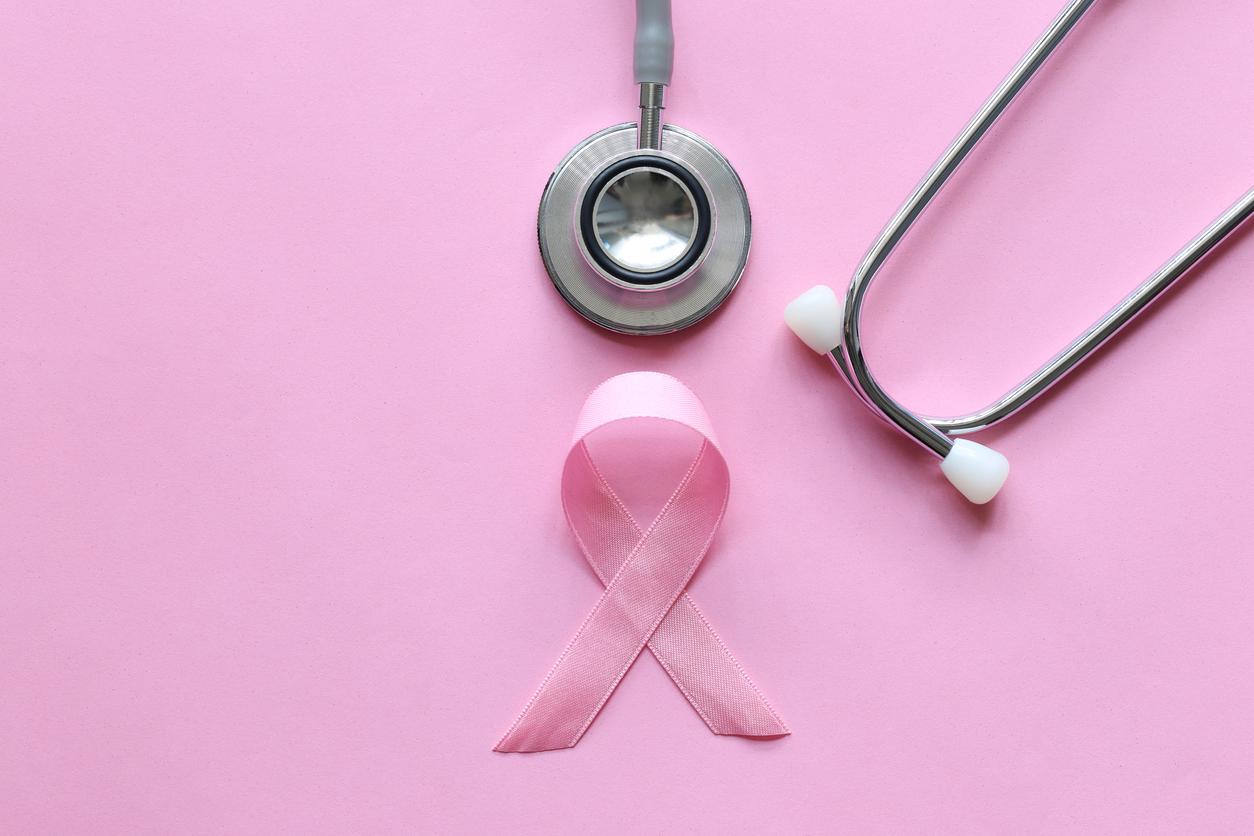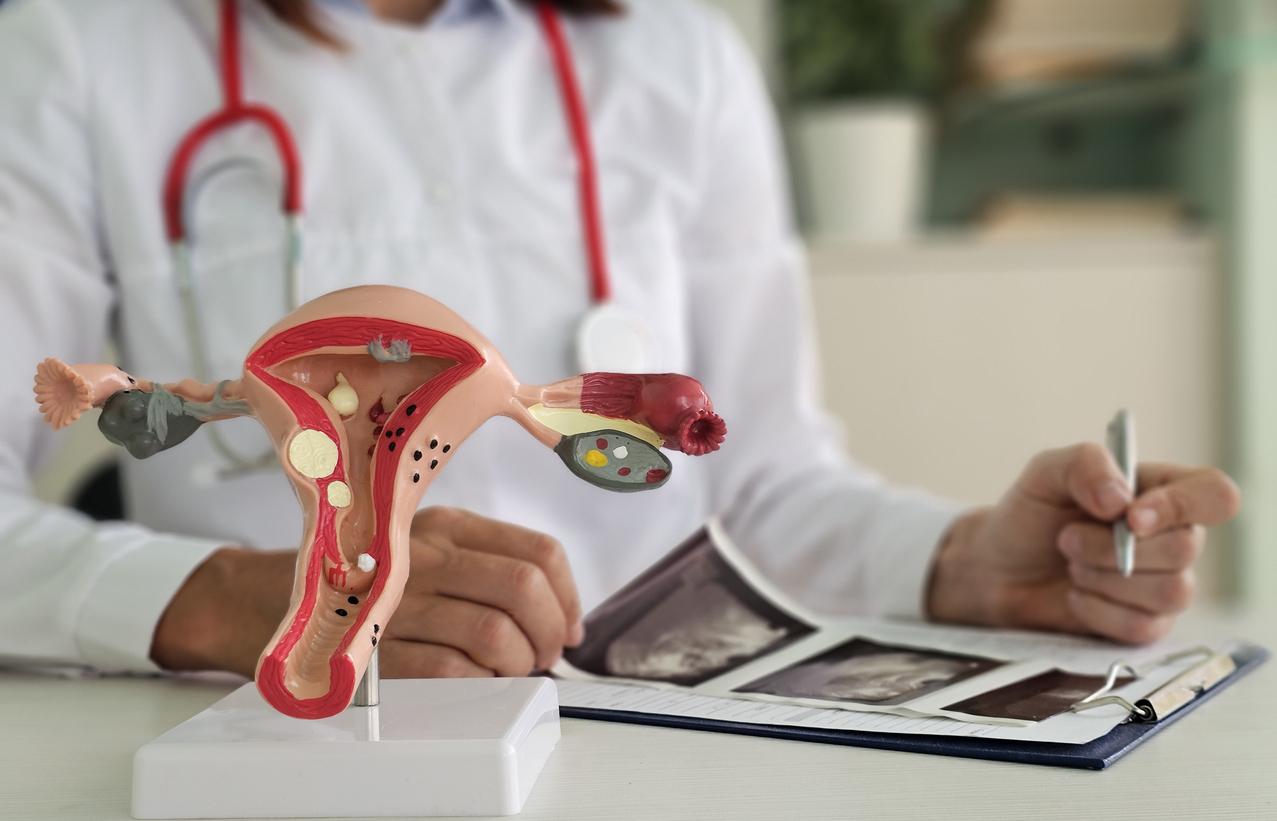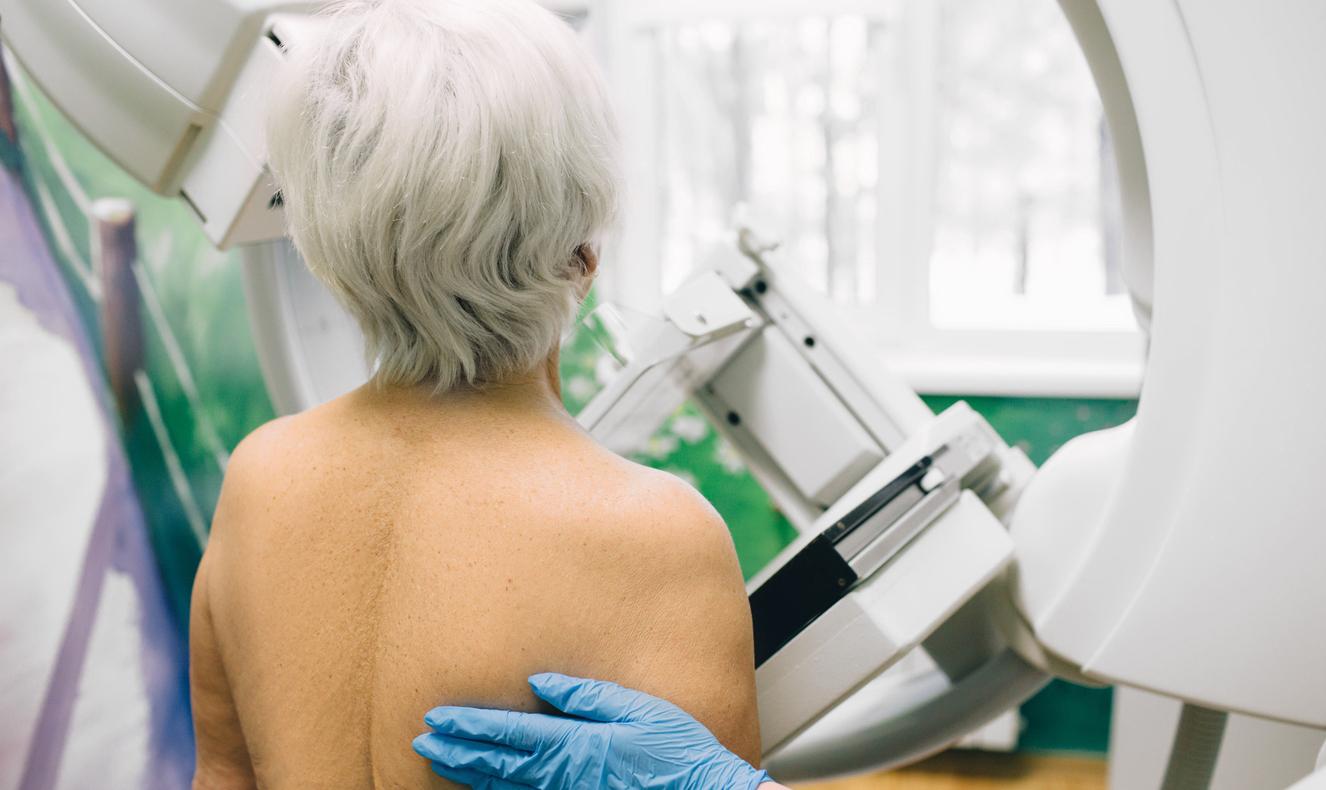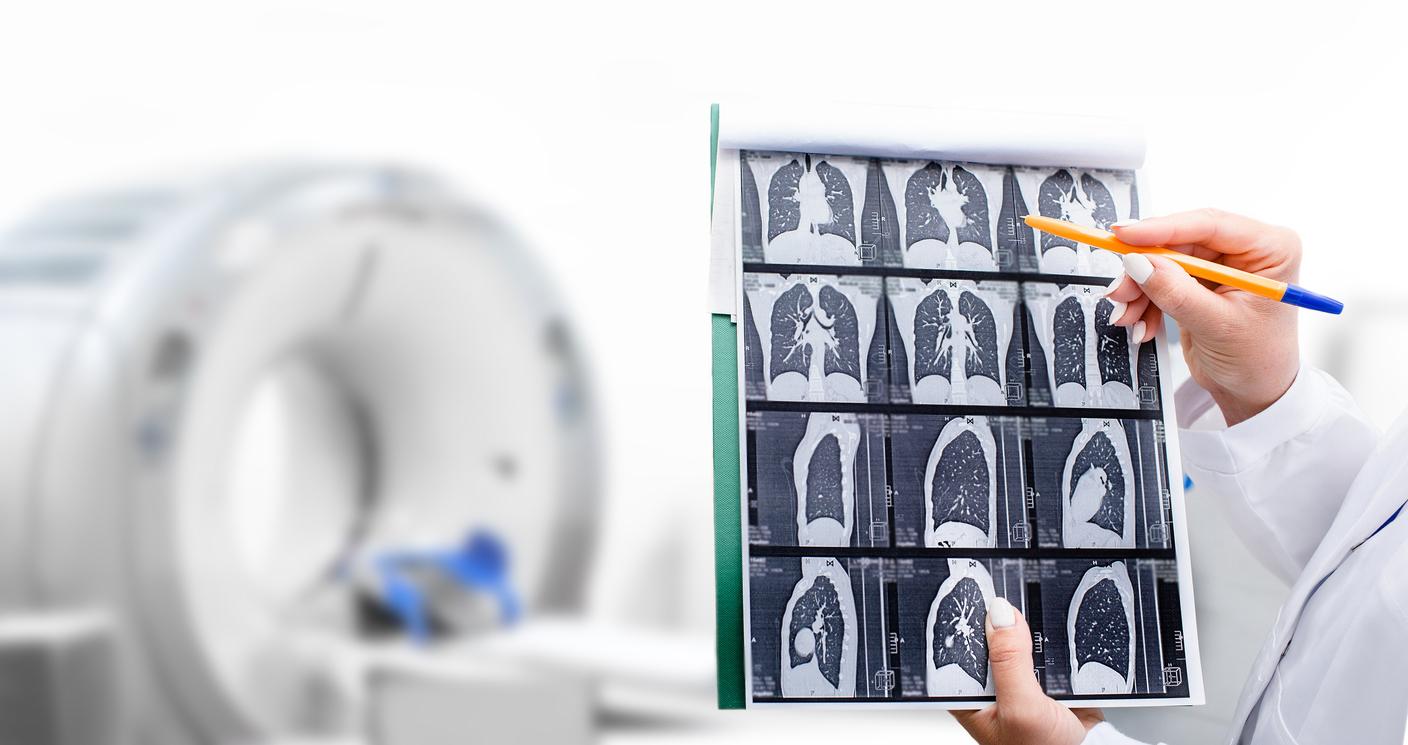The benefits of breast cancer screening with mammography outweigh the side effects for women aged 50 to 79, according to an international study.

In 80% of cases, breast cancer occurs in women over 50 without any particular risk. This is why the French health authorities set up organized screening for women aged 50 to 74 in 1994 and generalized it to the entire national territory ten years later. In 2014, the participation rate was 52.1%, or more than 2.5 million women. But this rate is still lower than the European target of 70%.
Even so, mammography is a controversial screening test. A scientific debate around the benefit / risk balance has agitated experts on an international scale for several years.
A large-scale study, conducted by the International Agency for Research on Cancer (IARC) and published this Thursday in the New England Journal of Medicine, concludes that “the benefits of mammography outweigh the negative effects of screening for women aged 50 to 69”. These conclusions emanate from the evaluation of forty studies carried out in Europe, North America and Australia.
Beneficial even after 70 years
“We were able to reaffirm that organized breast cancer screening reduces mortality in women aged 50 to 69 by around 40%,” explains Béatrice Lauby-Secretan, researcher and head of the series. Handbooks of IARC. We have also shown that reducing mortality also benefits women aged 70 to 74 ”. These conclusions are in line with the French recommendations.
“Today studies show us, and the IARC has just reminded us, the advantages of breast cancer screening remain. But it is important to emphasize that all screenings are accompanied by false positives and therefore potentially overdiagnosis (women treated for cancers that could never have progressed, note), says Catherine Rumeau-Pichon, assistant to the management of the ” Medical, economic and public health assessment at the Haute Autorité de Santé (HAS). So I believe it is essential to inform these women who must be able to choose while knowing the advantages and disadvantages of screening ”.
Compensated side effects
The IARC study confirms that beyond the false positives and the overdiagnosis mentioned above, radiation-induced breast cancers (cancers linked to too much radiation exposure) are among the most important negative effects of mammography. “A risk, however, offset by the reduction in mortality from breast cancer,” said the authors.
 Listen…
Listen…Catherine Rumeau-Pichon, assistant to the medical, economic and public health assessment department at the Haute Autorité de Santé: “One of the advantages of the French program is the double reading of the results. It is a real guarantee of quality ”
The researchers also evaluated the effectiveness of screening mammography in women 40 to 44 years old and 45 to 49 years old. “But the level of evidence was not sufficient to conclude on the effectiveness of screening for this age group”, indicates Béatrice Lauby-Secretan. The benefit / risk for these women was therefore not in favor of mammography.
Only mammography reduces mortality
These results will surely influence the discussions taking place at the HAS around the extension of screening, in particular to women under 40 years of age. “Especially since we are able to extrapolate reimbursement data from the Health Insurance which suggests that all mammograms made before the age of 50 do not exclusively concern follow-up examinations or on warning signs (such as a mass at breast felt on palpation for example, editor’s note). There must therefore be a significant percentage of screening mammograms carried out outside the organized program, although it is a guarantee of quality, ”explains Catherine Rumeau-Pichon.
In addition, data on screening by clinical examination or self-palpation of the breasts show that they can detect small tumors at an early stage. However, the data do not show that these screening techniques reduce breast cancer mortality. These are therefore a complementary tool to mammography, which remains the only means of screening allowing this reduction in mortality from breast cancer.
.















